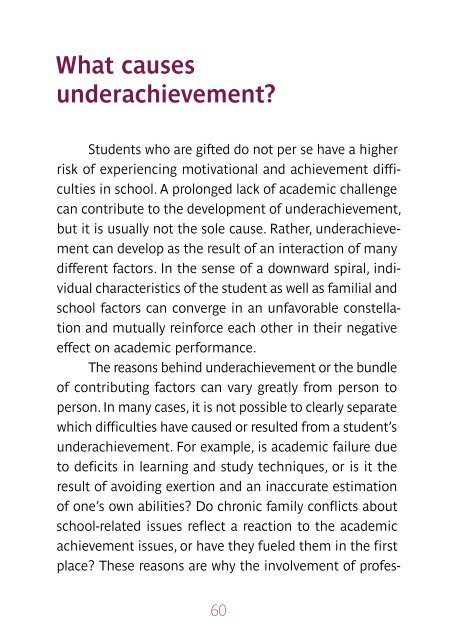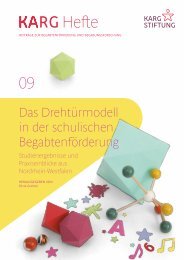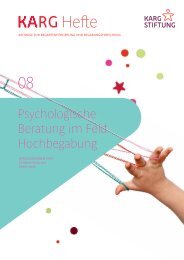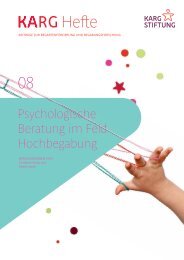FAQS: Frequently asked questions about giftedness
The Karg Foundation receives a lot of questions on the subject of giftedness—FAQs (Frequently Asked Questions)—far more often indeed than it did ten years ago. And this is a good thing! Many people involved in the educational processes of children have come to realize that giftedness can also be a fundamental personality trait of children and adolescents. The Karg Foundation wants to answer the questions you may have not only as educational and psychological professionals in educational institutions or working as educational providers, policy makers, or in training and further education institutes, but as parents and gifted people also: What is giftedness? How can it be identified? Who can provide advise for gifted children and their families? How can they be supported in the best possible way?
The Karg Foundation receives a lot of questions on the subject of giftedness—FAQs (Frequently Asked Questions)—far more often indeed than it did ten years ago. And this is a good thing! Many people involved in the educational processes of children have come to realize that giftedness can also be a fundamental personality trait of children and adolescents.
The Karg Foundation wants to answer the questions you may have not only as educational and psychological professionals in educational institutions or working as educational providers, policy makers, or in training and further education institutes, but as parents and gifted people also: What is giftedness? How can it be identified? Who can provide advise for gifted children and their families? How can they be supported in the best possible way?
You also want an ePaper? Increase the reach of your titles
YUMPU automatically turns print PDFs into web optimized ePapers that Google loves.
What causes<br />
underachievement?<br />
Students who are gifted do not per se have a higher<br />
risk of experiencing motivational and achievement difficulties<br />
in school. A prolonged lack of academic challenge<br />
can contribute to the development of underachievement,<br />
but it is usually not the sole cause. Rather, underachievement<br />
can develop as the result of an interaction of many<br />
different factors. In the sense of a downward spiral, individual<br />
characteristics of the student as well as familial and<br />
school factors can converge in an unfavorable constellation<br />
and mutually reinforce each other in their negative<br />
effect on academic performance.<br />
The reasons behind underachievement or the bundle<br />
of contributing factors can vary greatly from person to<br />
person. In many cases, it is not possible to clearly separate<br />
which difficulties have caused or resulted from a student’s<br />
underachievement. For example, is academic failure due<br />
to deficits in learning and study techniques, or is it the<br />
result of avoiding exertion and an inaccurate estimation<br />
of one’s own abilities? Do chronic family conflicts <strong>about</strong><br />
school-related issues reflect a reaction to the academic<br />
achievement issues, or have they fueled them in the first<br />
place? These reasons are why the involvement of professional<br />
psychological counseling is recommended in most<br />
cases. First, a diagnostic approach can be used to clarify<br />
whether the discrepancy between intellectual potential<br />
and school-related skills and knowledge actually meets the<br />
criteria for underachievement. In addition, with the aim<br />
of deriving appropriate measures to help the child, the<br />
problematic conditions can be explored and identified<br />
together with the child, the family, and the school.<br />
60 61
















